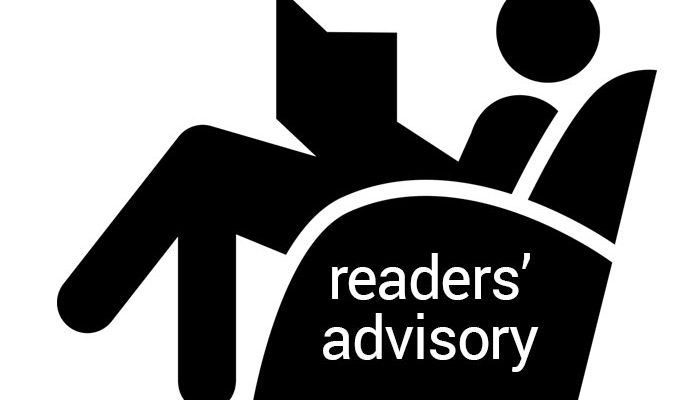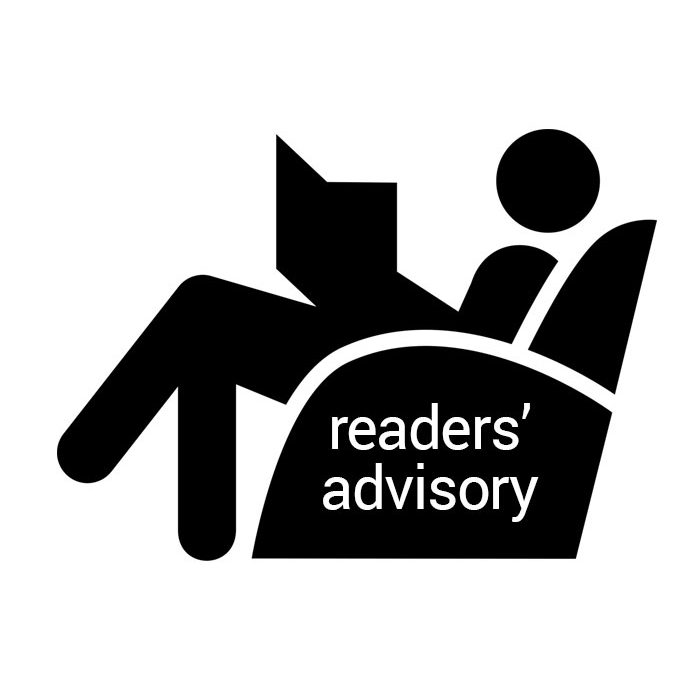It’s a new year and a great time for making reading resolutions. One form this resolution may take is to respond to a Reading Challenge. Taking this type of challenge can not only be fun, but also a great opportunity to change some of our entrenched reading habits.

Promoting Shameless, Unapologetic Reading
These days the funding bodies of public libraries expect that they are run like businesses. The finer points of this comparison can be argued, but for the most part I think this analogy applies. So if libraries are businesses then Readers’ Advisory (RA) is the sales and marketing arm of the business.
People use public libraries for three main reasons: their technology, their space, and their collections. In terms of accessing collections, there still remain the traditional reference skills that require that library workers connect library users to the research information they seek. Although this sort of interaction is much less common than it used to be, it is satisfying because you have helped someone answer a question that needs answering.
Accessing the collection for RA purposes is defined as connecting the library user to the leisure reading they seek. In terms of customer service, where the end result is customer satisfaction, there is no difference in anything we do. Where the difference arises is in terms of execution.
How do we achieve customer satisfaction when engaging in RA?
From Mutual Funds to Readers’ Advisory
For people like me, it is RA that really gets our blood pumping. I learned to read late, a victim of the whole language technique of teaching reading as opposed to phonics, but when I did finally master it in grade three, there was no stopping me. I read everything, but I am especially fond of Canadian books. If we go back to the concept that RA is the sales and marketing part of what we do, then I think it is impossible to be good at RA if you don’t love reading or love the idea of sharing that love with anyone who will listen to you.
I started my work life as a Financial Advisor primarily selling mutual funds as well as some other products involved with good financial planning. I was asked by a new but struggling former car-salesman-turned-financial advisor what the secret to my “success” was. My question to him was, “Did you love selling cars?” “Yes”, he replied. “Well,” I said, “in order to be successful you have to love selling mutual funds as much or more than you loved selling cars.”
In my case I love “selling” reading more than anything else I could possibly be selling. It is my belief that most things in life require a sales job, so it is nice to be able to choose the things you want to sell.
Promoting Reading
Yes, libraries are evolving and circulation statistics are not our only success metric – but championing the love of reading is still a moral, cultural, and educational obligation. Moreover, our promotion of reading comes with no conditions or qualifications in terms of what one should read or like reading.
Reading continues to be compatible with all the other great things that libraries are doing. In fact, book-based programming is more popular than ever. With most of our promotion, a great deal of our programming, and significant chunks of budget money revolving around books, I was surprised recently when a reader responded on Twitter to a novel we were promoting by calling it a “bad book.” I felt like I had somehow failed in properly educating our readers about RA Service.
Of course there are no “bad books;” there are only books that are not to our taste. The Ontario Library Association’s RA Committee has been operating for more than ten years and among other things has produced the Core Competencies of RA Service. This is a terrific tool if you want a concise breakdown of what you need to provide excellent RA. The core competencies can be divided into four areas: know your collection, know your readers, know how to talk to your readers, and help your readers to develop their own book seeking skills.
If you believe, like me, that the sales and marketing of our collection is an essential service that we are offering – and one that makes us different from our competitors – then making RA training a priority, including an examination of the Core Competencies, is also essential. Hey, if public libraries are not going to promote shameless, unapologetic reading, then who will?
Bessie Sullivan is the CEO of the Haliburton County Public Library. She can be reached at bsullivan [at] haliburtonlibrary.ca.
